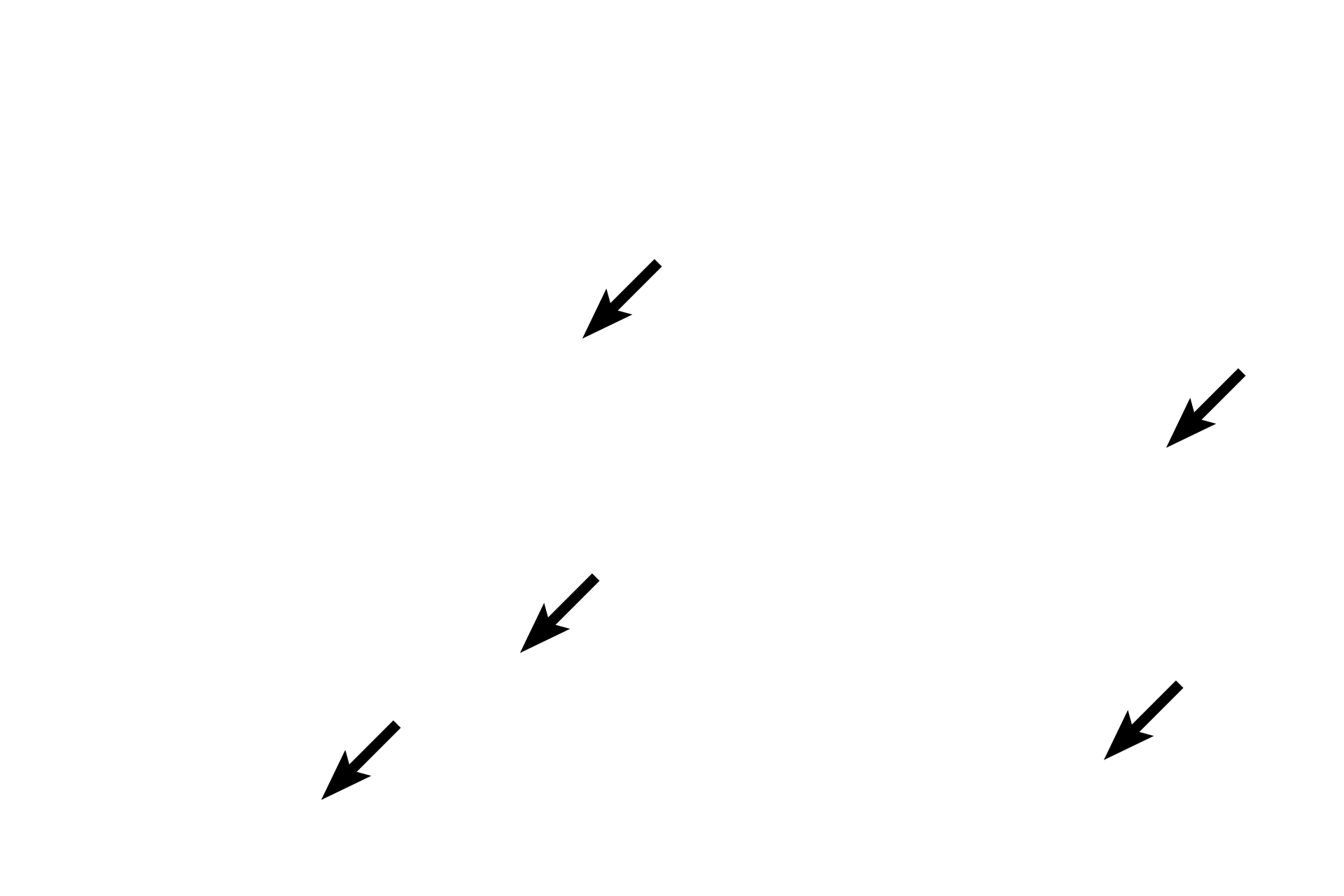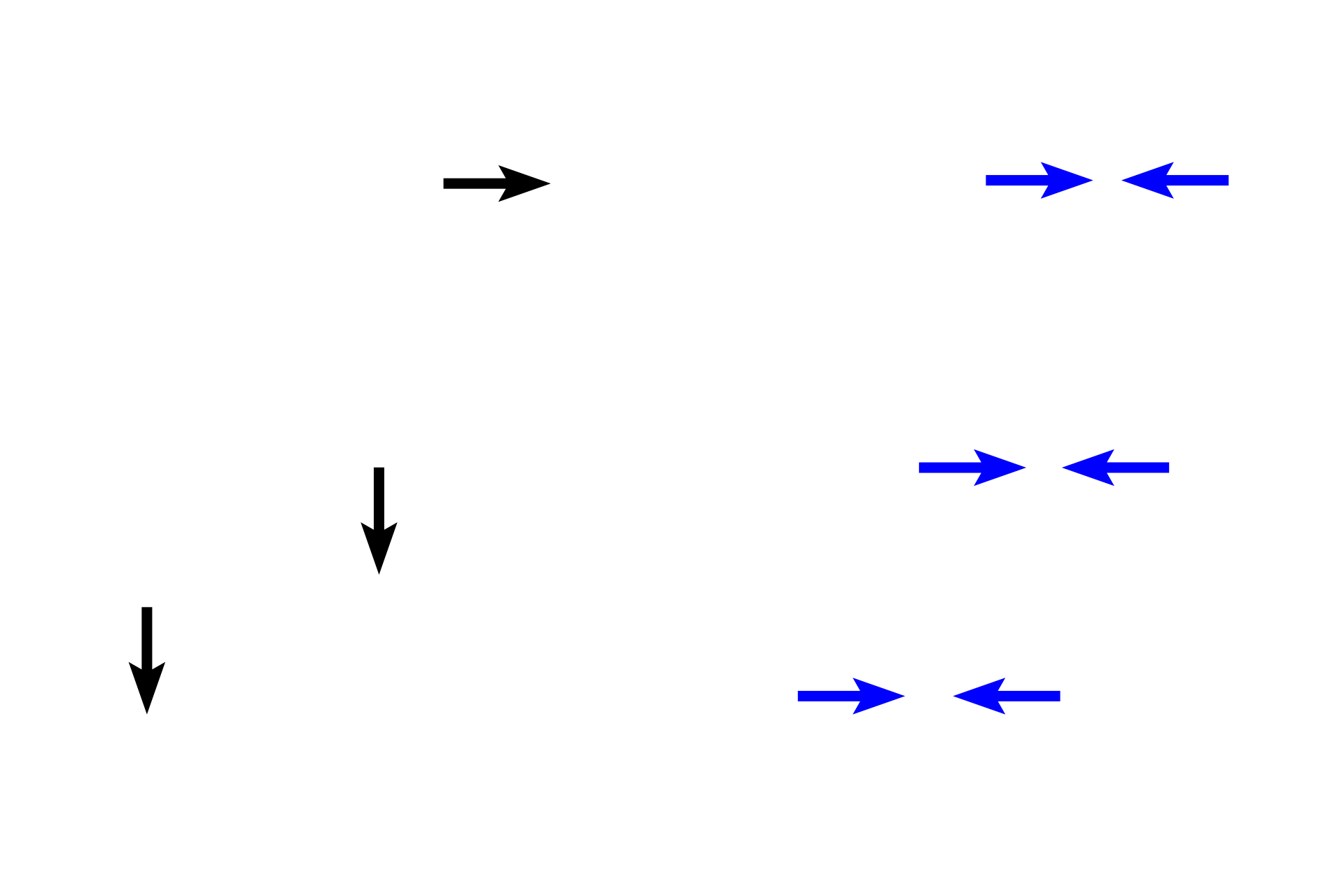
Globe: Sclera
Extrinsic ocular muscles consist of three three pairs of antagonistic muscles that control movement of the eye. They originate from the posterior region of the orbit and insert on the sclera. They A seventh muscle, the levator palpebrae, elevates the upper eyelid. All extraocular muscles are composed of skeletal muscle fibers that are innervated by cranial nerves III, IV and VI.

Extraocular muscle
Extrinsic ocular muscles consist of three three pairs of antagonistic muscles that control movement of the eye. They originate from the posterior region of the orbit and insert on the sclera. They A seventh muscle, the levator palpebrae, elevates the upper eyelid. All extraocular muscles are composed of skeletal muscle fibers that are innervated by cranial nerves III, IV and VI.

Cranial nerve axons
Extrinsic ocular muscles consist of three three pairs of antagonistic muscles that control movement of the eye. They originate from the posterior region of the orbit and insert on the sclera. They A seventh muscle, the levator palpebrae, elevates the upper eyelid. All extraocular muscles are composed of skeletal muscle fibers that are innervated by cranial nerves III, IV and VI.

Sclera
Extrinsic ocular muscles consist of three three pairs of antagonistic muscles that control movement of the eye. They originate from the posterior region of the orbit and insert on the sclera. They A seventh muscle, the levator palpebrae, elevates the upper eyelid. All extraocular muscles are composed of skeletal muscle fibers that are innervated by cranial nerves III, IV and VI.

Choroid
These images show extrinsic ocular muscles, three three pairs of antagonists muscles that control movement of the eye. They originate from the posterior region of the orbit and insert on the sclera. They A seventh muscle, the levator palpebrae, elevates the upper eyelid. All extraocular muscles are composed of skeletal muscle fibers that are innervated by cranial nerves III, IV and VI.

Retina
Extrinsic ocular muscles consist of three three pairs of antagonistic muscles that control movement of the eye. They originate from the posterior region of the orbit and insert on the sclera. They A seventh muscle, the levator palpebrae, elevates the upper eyelid. All extraocular muscles are composed of skeletal muscle fibers that are innervated by cranial nerves III, IV and VI.

Vitreous chamber
Extrinsic ocular muscles consist of three three pairs of antagonistic muscles that control movement of the eye. They originate from the posterior region of the orbit and insert on the sclera. They A seventh muscle, the levator palpebrae, elevates the upper eyelid. All extraocular muscles are composed of skeletal muscle fibers that are innervated by cranial nerves III, IV and VI.

Image source >
Images taken of a slide in the University of Mississippi slide collection. The inset is from the Arizona Veterinary Diagnostic Laboratory collection.
 PREVIOUS
PREVIOUS